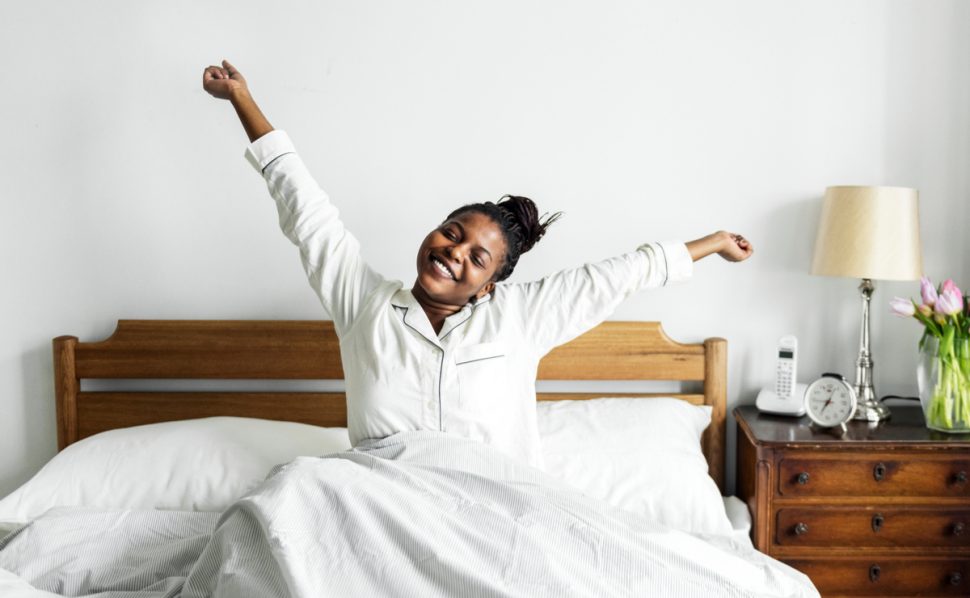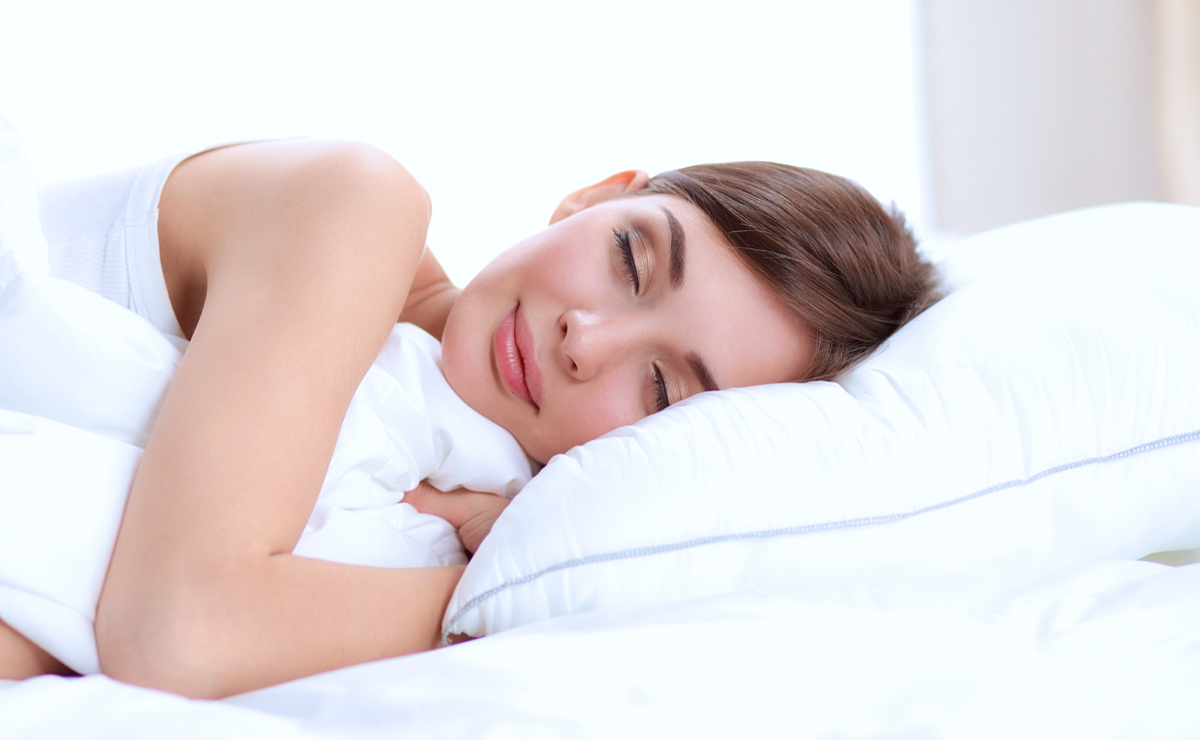“A good laugh and a long sleep are the two best cures for everything.”
-Irish proverb
The Irish sure knew about the importance of sleep.
During my medical school and residency days, I averaged between 4-6 hours of sleep. Thinking back, I don’t quite understand how we were expected to make such important clinical decisions while being constantly sleep deprived. In fact, do you know what the difference is between someone who is intoxicated and someone after being awake for 24 hours? Studies show that a person who is awake for 24 hours shows the same diminished cognitive skills as someone with a blood alcohol level of 0.10!
A sufficient amount of sleep is essential for optimal physical health, mental health, immune function and cognition. The American Academy of Sleep Medicine suggests that adults should get seven or more hours of sleep per night.

Lack of adequate sleep can cause daytime sleepiness, decreased concentration, lack of energy, and fatigue. These are all common complaints that I come across in my practice. So here are some ways to maintain good sleep hygiene:
- Try and stick to a schedule. Go to bed at the same time everyday and wake up at the same time everyday–even on the weekends. Consistency makes it easier to fall asleep.
- Our diet can impact our sleep more than we think. Avoid caffeinated beverages after lunch and avoid alcohol in the late afternoon and evening. Avoid smoking and other nicotine intake. Nicotine can disrupt sleep and smoking can increase the risk of developing sleep conditions such as sleep apnea. Needless to say, smoking should be avoided due to many other health-related reasons too.
- If you are someone who has trouble sleeping at night, avoid naps. Especially naps that occur later in the day and are longer than 20-to-30 minutes. Prolonged naps can compromise your ability to fall or stay asleep at night. A shorter nap will affect you less than a nap that lasts hours. Additionally, a nap earlier in the afternoon will allow you time to build up the desire for sleep again.
- Exercise regularly. Twenty minutes of aerobic exercise, preferably done more than four-to-five hours prior to bedtime can improve sleep quality and increase sleep duration. However, exercising too close to bedtime may overstimulate the body. Exercising can also help to reduce your overall stress level which is a common cause of sleep problems.
- Avoid use of electronics or other provoking stimuli at a minimum of 30 minutes prior to bedtime. Blue light that is emitted from computer screens and handheld devices can suppress melatonin production. So go ahead and put those gadgets away. You may want to invest in glasses and/or screen protectors that block blue light.
- Lastly, try to resolve your concerns and worries before bedtime. This one is probably the most difficult. However, techniques that help us unwind such as reading a book, taking a warm bath, meditating, and spiritual reflection can help the mind relax and can help with falling asleep.
This article highlights some of the natural ways to help you fall asleep and get the adequate amount of sleep. Of course, an underlying medical condition can also affect your sleep: You should seek a medical evaluation if you are having any concerns.

